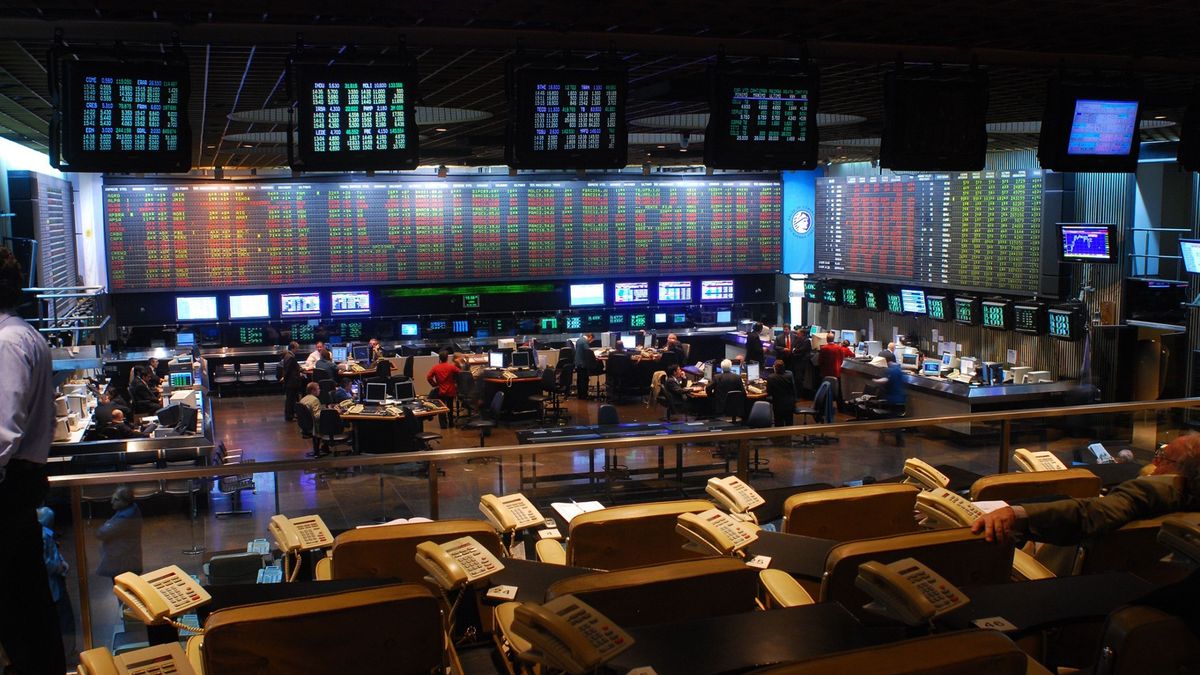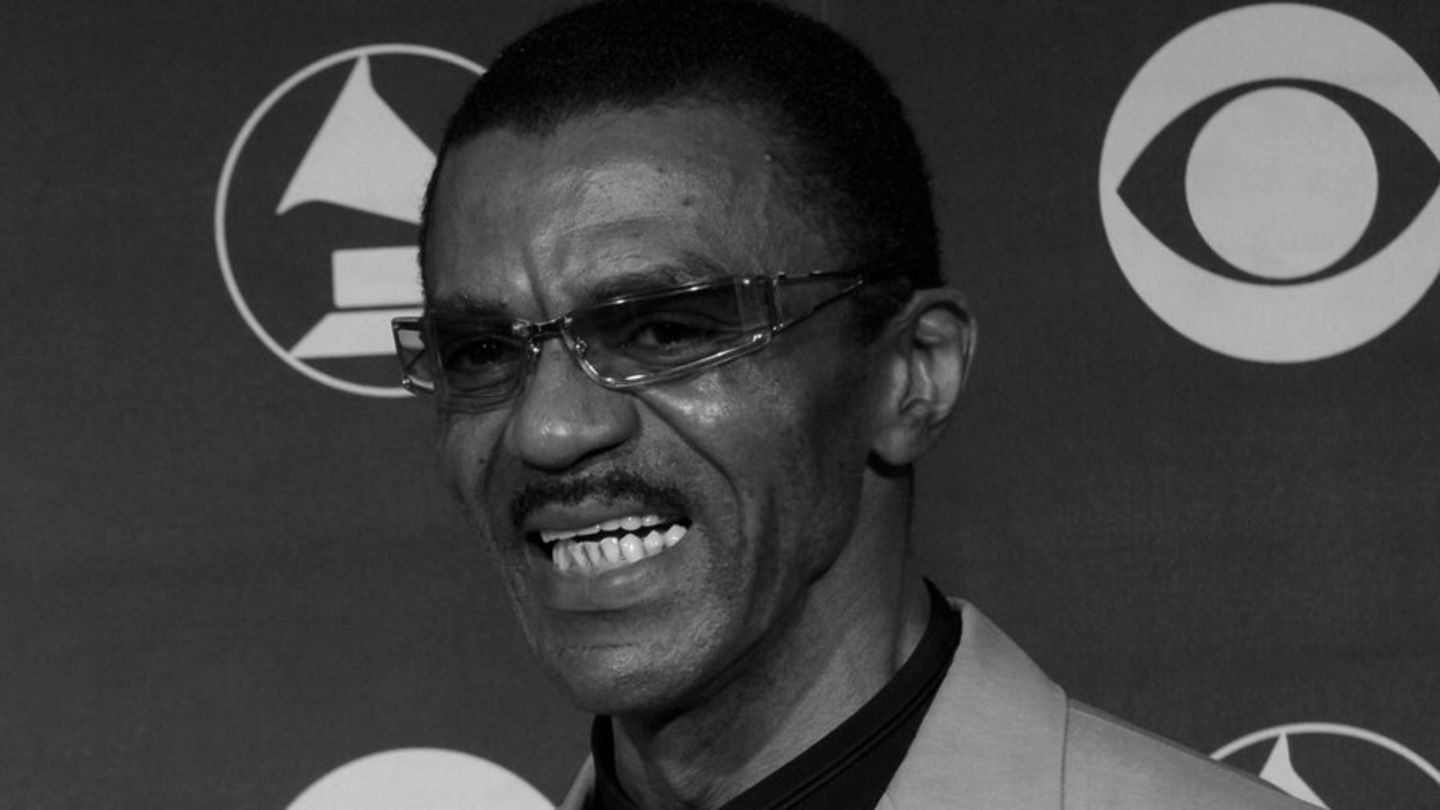The note of the day was given by the titles in pesos that adjust by CER, which rose to 2.1%, after learning that inflation accelerated sharply in February, up to 4.7%.
The treatment in the Senate of the agreement with the International Monetary Fund (IMF) to reschedule debt for some 45,000 million dollars, amid struggles within the government coalition, keeps the market’s attention.
Under this scenario, the leading index S&P Merval fell 1.1% to 84,054.72 pointswhich is added to the drop of almost 5.7% in the previous two business rounds, in line with the drop in regional markets.
The most important declines of the day were recorded by the shares of Cresud (-3.2%) and Ternium (-2.6%), while Telecom (+1.7%) led the increases.
Equity volume fell 28% and ended below $1 billion ($952 million), representing less than 20% of equity trading. Thus, the remaining 80% was operated in Cedears, whose daily amount added 2% to $3,829.8 million.
For its part, Argentine papers closed unevenly on Wall Street: at one point Mercado Libre jumped 7.9%; in the other, YPF fell 3.6%.
“Local assets continue to be under pressure while awaiting the approval of the IMF agreement in the Senate and its repercussions on the political scene”said Gustavo Ber, an economist at Estudio Ber. “The caution and volatility of the external context, together with the internal political uncertainty, act as conditioning factors to awaken the appetite for ADRs and bonds in dollars -beyond the punished valuations for which operators currently only show appetite towards the ‘carry -trade'”, he explained.
The Budget and Finance Committee of the Senate issued a unanimous opinion on the draft agreement. José Mayans, senator for Formosa and head of the FdT bloc, insisted on giving an accelerated treatment to the project and stressed the need to start debating it in the chamber this week.
In the US, and after three consecutive rounds in decline, The S&P 500 rose 2.1%, awaiting the Fed’s decision on Wednesday where a 25 basis point increase in the reference rate is discounted, in what will be the first rise in two years.
Stocks were buoyed by lower crude oil prices, Wells Fargo analysts summarized.
A barrel of North Sea Brent crude for May delivery closed below $100 on Tuesday for the first time since the second day of Russia’s invasion of Ukraine nearly three weeks ago. While Brent lost 6.5%, WTI fell 6.3%. Thus, they have already accumulated a drop of 28% from the intraday peak of almost US$140 a little over a week ago.
“China had the biggest impact” on crude prices on Tuesday, argued Stephen Schork of the Schork Report. The Chinese decision to order the confinement of tens of millions of people to contain covid outbreaks “clearly raises concerns in the market about demand” of crude.
Bonds and country risk
In the fixed income segment, dollar bonds lost up to 3.8%, with declines led by Global 2046.
Thus, the Argentine country risk, prepared by the JP Morgan bank, rose 18 basic points, to 1,826 units, after touching 1,991 units last week.
In the segment of pesos, on the other hand, the CER titles accelerated their rises towards the end of the day after the INDEC announced that February’s inflation shot up to 4.7%, well above what expected the market (3.9%, according to the latest REM published by the BCRA). At the same time, core inflation was 4.5%, accelerating compared to January (3.3%) and standing above estimates.
Thus, the most outstanding increases were recorded by the longest titles in this segment, such as the Quasipar (+2.1%); PR13 (+1.9%); the Pair (+1.1%); and the Boncer 2028 (+0.9%). In turn, the shorter CER bonds recorded increases of up to 0.8% (Boncer 2023).
“The price dynamics was largely driven by the lag of the very high rate of monetary issuance during 2021 and the expectation for the coming months continues to be upward,” they noted from PPI.
The SBS Group economist, Juan Manuel Franco, estimated that “Going forward, inflationary pressures will continue based on the drag of the 2021 issue, the fall in the seasonal demand for pesos, the recomposition of relative prices, especially rates and services, and the acceleration in the pace of the crawling peg.”
He also added that, despite the limit of 1 percentage point of GDP in monetary assistance from the BCRA to the Treasury this year, as it appears in the agreement with the IMF, “monetary aggregates would continue to put pressure, for example, by channeling bank liquidity into Treasury securities”. Thus, Franco believes that inflation “It would accelerate in March, since it will impact the rise in gasoline and some other regulated items, and it would remain high during the first half of 2022.”
From the Ministry of Economy, also, They pointed out that the rise took place “within the framework of the increase in prices at a global level affected by the war between Russia and Ukraine”. “The indicator was affected by the impact of the rise in international prices of the main commodities, due to the drought and the conflict in Ukraine,” they stated in the portfolio led by Martín Guzmán.
The Food and non-alcoholic beverages division was the one with the highest increase in the month at the national level, with an increase of 7.5%, with which this item contributed more than 2 percentage points to the increase in the General Level.
In the meantime, President Alberto Fernández announced that next Friday measures against inflation will be put into practice. “I promise that another war will begin on Friday, the war against inflation in Argentina. We are going to put an end to the speculators and we are going to put things in order,” the president said in a public act.
Finally, dollar-linked sovereign bonds fell 0.4% on average, trading good volume on TV22.
Let us remember that Economy will seek to capture $250,000 million this Wednesday, through the tender of a Lelite to March, Ledes (S30J2, S29L2, S31G2), and the Boncer T2X3, T2X4 and TX26. In addition, a tender is included for a basket made up of 60% X16D2 and 40% X17E3.
Source: Ambito
David William is a talented author who has made a name for himself in the world of writing. He is a professional author who writes on a wide range of topics, from general interest to opinion news. David is currently working as a writer at 24 hours worlds where he brings his unique perspective and in-depth research to his articles, making them both informative and engaging.




